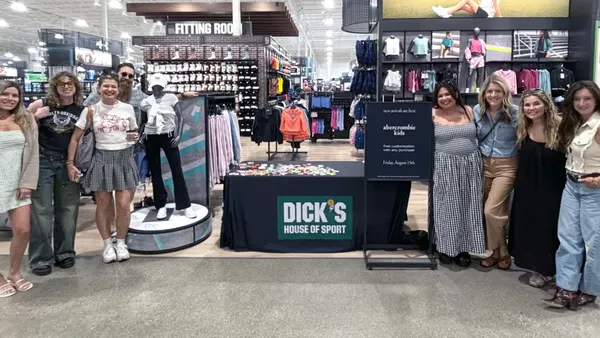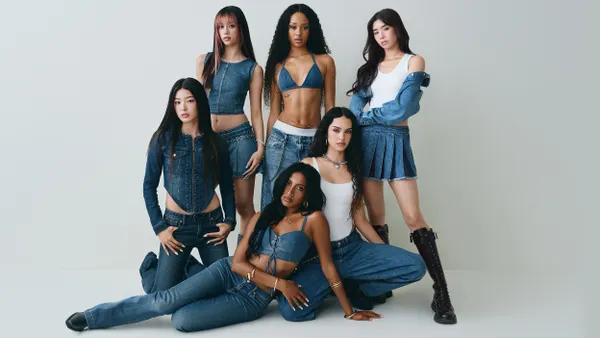Dive Brief:
-
Companies that act more human perform better than those who don’t, acquiring more new customers, increasing customer loyalty and even raising profits, according to a study by global customer agency C Space.
-
Of the top 15 most "human" companies across industries, four of them were retailers and brands: Olay, REI, Dove, L.L. Bean. Upscale grocers Wegman’s and Trader Joe’s also scored highly.
-
According to C Space, top ranking companies showed a commitment to innovation, had a surprising and desirable in-store experience and deepened consumer relationships through a strong brand message. Responses were gathered from over 20,000 U.S. consumers via an online questionnaire.
Dive Insight:
Consumers are increasingly demanding that brands earn their trust before they become loyal shoppers, but millennials aren't the only generation looking to feel more emotionally connected to retailers. Gen Z is emerging as a consumer base that commits to eco-friendly and socially responsible brands over those with no outward values. Consumers have also begun expecting personalized products from retailers that reflect their own ethics and values, and retailers with a strong brand message are attracting more customers.
"Customers determine the fate of companies. And yet, surprisingly few companies are good at building the power of their customers into the ways they work," Charles Trevail, CEO of C Space, said in a press release. "Customers want their relationships with companies to have the same qualities they value in their personal relationships – qualities like trust, respect, empathy, openness and reciprocity. In a world where businesses are constantly chasing growth, acting more human will be a sure path to long-term success."
While many relatively new companies made the list, C Space noted that more traditional — or legacy — companies also posted high scores by "marrying heritage with a commitment to constant innovation." Changes in customer sentiment, which have caused consumers to become more interested in supporting brands with strong values, might influence moves by big-box retailers as well.
Indeed, Target just raised the minimum wage at its stores to $11 per hour, with a goal of $15 per hour by 2020 — something that Costco has always been well-known and well-liked for. That’s not to mention retailers that support causes outside of their own storefronts, like L.L. Bean’s "Be an Outsider" campaign and REI’s #OptOutside campaign — one of many interesting marketing moves that help to differentiate the outdoors retailer.
Patagonia is another retailer particularly well known for its strong brand messaging, from the decision to give all Black Friday profits to environmentalist causes and encourage voting by shuttering for Election Day, to the purchase of its first TV ad, which served as a call-to-action for customers to stand up for national monuments.
While not all efforts will appeal to all customers, if C Space’s study shows anything, it’s that strong brand messaging can go a long way toward increasing customer loyalty and sentiment.













